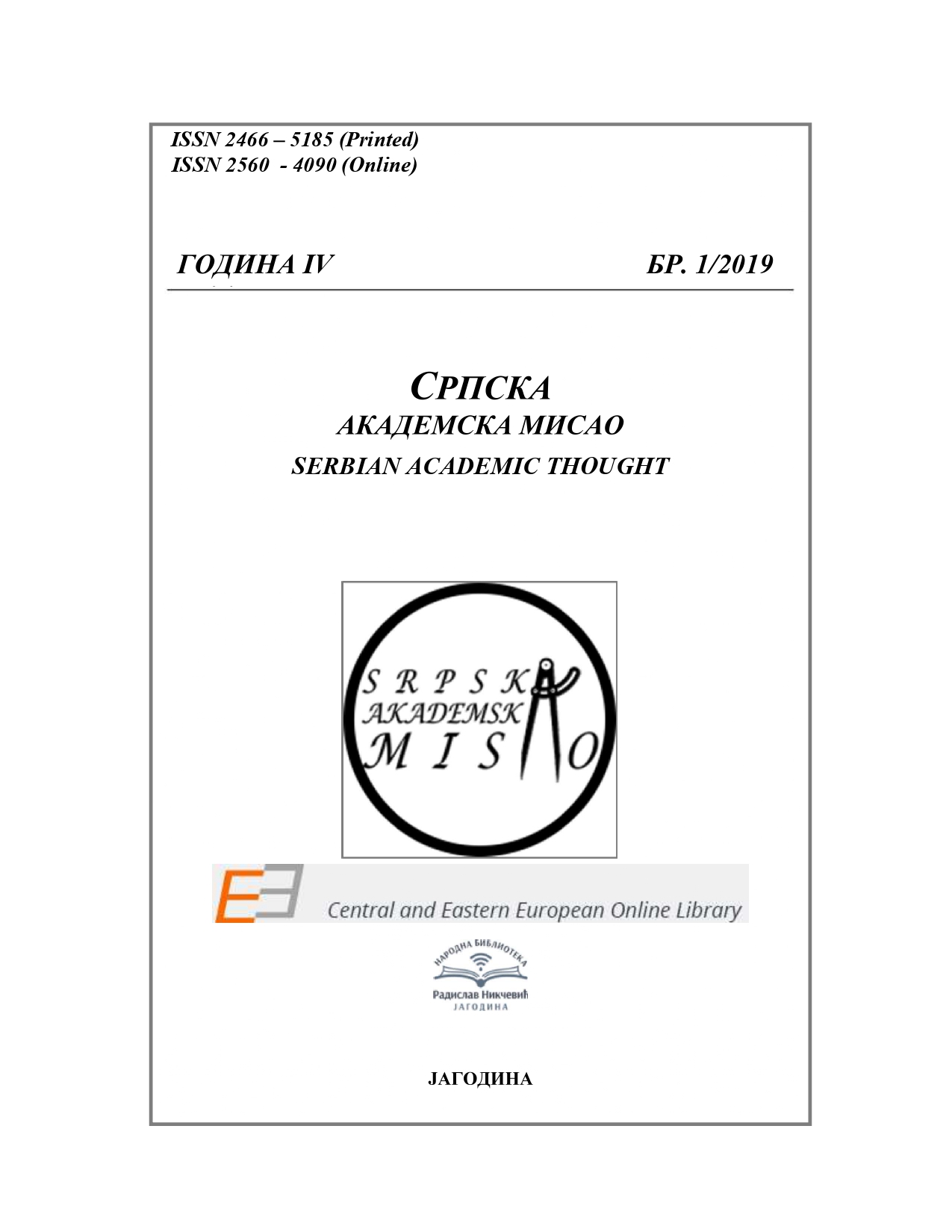JUGOSLOVENSKA GRAĐANSKA OPOZICIJA I MINHENSKI SPORAZUM (1938)
YUGOSLAV CIVIL OPPOSITION AND THE MUNICH AGREEMENT (1938)
Author(s): Milena M. BaltićSubject(s): Politics / Political Sciences, History, Political history, Recent History (1900 till today), Interwar Period (1920 - 1939)
Published by: Народна библиотека „Радислав Никчевић“ Јагодина
Keywords: Kingdom of Yugoslavia; Munich Agreement; civil opposition; foreign policy
Summary/Abstract: Milan Stojadinović's foreign policy was faced with heavy criticism from the Yugoslav opposition. Opposition parties complained about the government's reaction to key events in 1938 – Anschluss of Austria and the Munich agreement. They believed Yugoslavia should keep its ties to the Little Entente, Great Britain, and France, instead of getting closer to Germany and Italy (seen as the two biggest dangers to Yugoslavia's existence). These opposition parties also advocated finding a solution to many internal problems that could potentially weaken the country from within, mainly the so-called Croatian question. The sentiment of opposition parties was shared by a lot of voters, which was reflected in the results of the 1938 elections.
Journal: Српска академска мисао
- Issue Year: 4/2019
- Issue No: 1
- Page Range: 7-18
- Page Count: 12
- Language: Serbian

